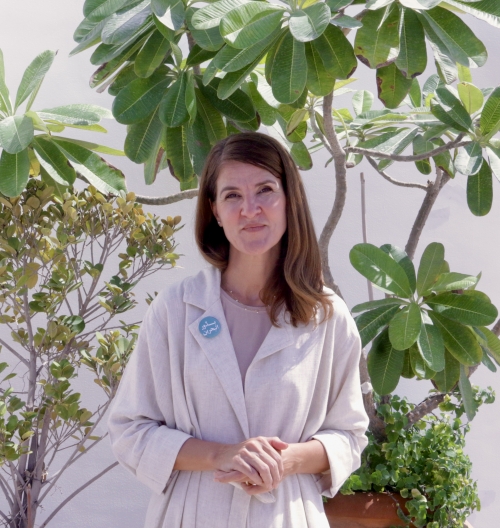The Capital Municipal Council hosted an event at Bahrain Fort to distribute seedlings as part of a national tree-planting campaign. This initiative, in collaboration with the Ministry of Municipalities Affairs and Agriculture and the UNDP, aims to promote sustainability, support agriculture, and enhance ecological resilience in Bahrain. Dr. Fernanda Lonardoni, Head of the UN-Habitat Country Programme, shared insights into the campaign’s significance and impact.
UN-Habitat has been working in Bahrain for three years, focusing on improving urban life quality and supporting national afforestation projects. The tree-planting initiative aligns with the UN Sustainable Development Goals, particularly SDG 11 (sustainable cities) and SDG 13 (climate action). The campaign encourages citizens to engage in tree planting to create greener and healthier communities and contribute to a more sustainable nation.
The national afforestation plan includes 19 tree species, both indigenous and non-indigenous, suited for Bahrain’s climate. Fruit trees like mulberry and neem, as well as shade-providing trees like Sidr and Poinciana, are part of the campaign. The UN has partnered with government agencies, NGOs, and the private sector to promote the initiative, emphasizing broad collaboration to support sustainability efforts in Bahrain.
Individuals and organizations can participate in the campaign by visiting the Buthoor Al Bahrain website to request a tree and suggest locations for planting. The goal is to double the number of trees in Bahrain by 2035, planting 130,000 trees annually, with an initial target of 50,000 trees in the first three months. The campaign will run for 12 years, with monitoring and evaluation to track progress towards the afforestation plan’s goals.
Funding for the initiative comes from the Ministry of Municipalities Affairs and Agriculture and other partners. The campaign encourages community involvement in creating a greener Bahrain and highlights the importance of environmental sustainability. By planting trees and caring for them, individuals can contribute to building sustainable communities for the future.











